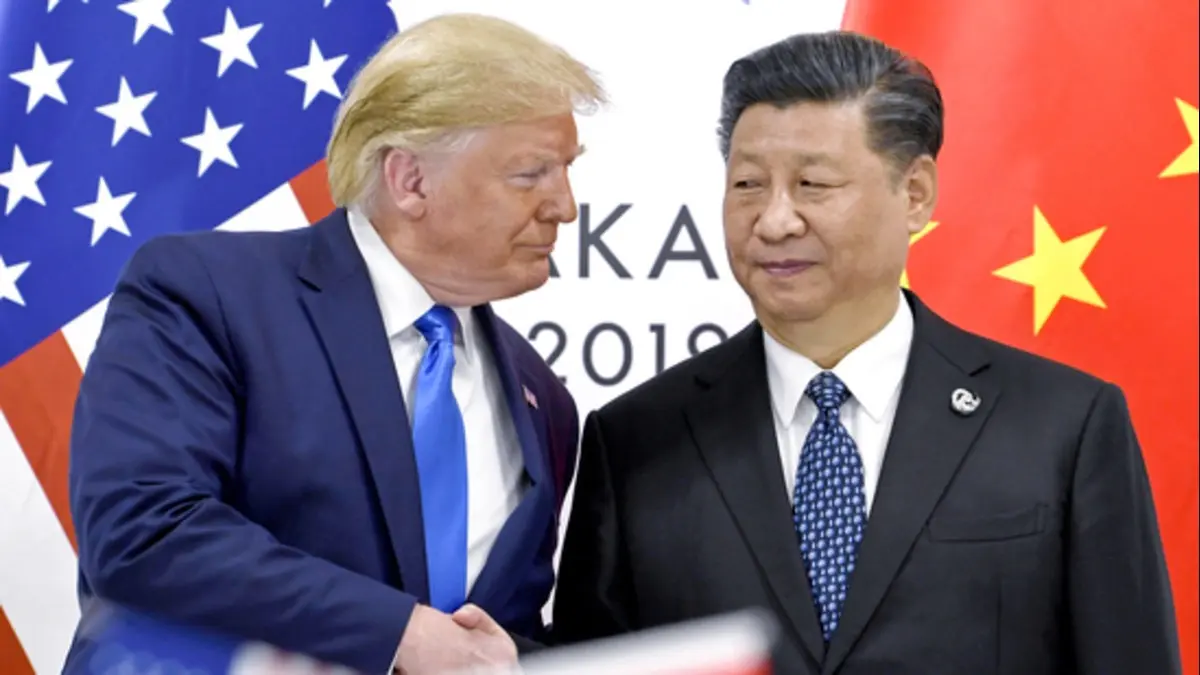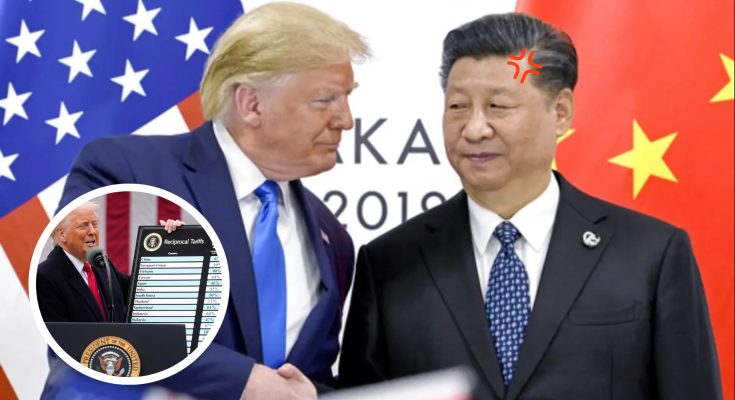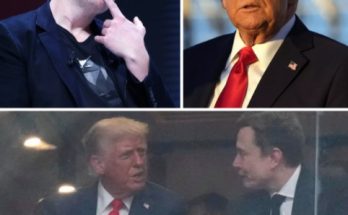In a move that stunned economists, politicians, and global investors alike, former U.S. President Donald Trump has announced that starting November 1, 2025, the United States will impose a
130% tariff on all goods imported from China. The declaration, made during a fiery speech in Florida and echoed across his social media platforms, marks the most aggressive trade measure in modern U.S.–China relations.
A Declaration That Redefines Trade Warfare
Trump’s statement came with his trademark bravado: “For decades, China has taken advantage of the American worker. Starting November 1st, that ends. We’re taking our country back — one tariff at a time.”
According to the Trump campaign, the 130% tariff will apply to all Chinese imports, from electronics and textiles to auto parts and steel. The move, he claimed, is meant to “protect American manufacturing” and “punish Beijing’s unfair trade practices.”
But behind the political showmanship lies a complex economic reality. Analysts warn that such a sweeping tariff could trigger a full-scale trade war, disrupt global supply chains, and send shockwaves through already fragile markets.
Immediate Global Fallout
Within hours of the announcement, Wall Street plunged. The Dow Jones and Nasdaq both saw steep declines as investors fled to safer assets like gold and bonds. The cryptocurrency market also took a hit — wiping out billions in market value within a single hour.
Meanwhile, in Beijing, state-run media called the move “an act of economic aggression,” accusing Trump of “weaponizing tariffs for political theater.” Chinese officials hinted at retaliatory tariffs on U.S. agricultural exports, particularly soybeans and corn — a direct strike at the American Midwest, one of Trump’s key voter bases.
European markets also reacted nervously. Economists warned that higher tariffs could push global inflation upward, raising costs for consumers worldwide. “If America and China go to economic war again,” one London-based analyst said, “the ripple effects will hit every household on the planet.”

Economic Experts Sound the Alarm
Trade experts quickly questioned the feasibility — and legality — of Trump’s proposed 130% tariff. While the President has broad powers under U.S. trade law to impose certain duties, such an extreme rate could violate international agreements and spark a legal challenge at the World Trade Organization.
Former Treasury officials also cautioned that American consumers would ultimately bear the cost. “Tariffs are just another word for taxes,” one said. “A 130% import tax means prices will skyrocket on everything from iPhones to kitchen appliances.”
Still, Trump’s supporters hailed the move as a long-overdue correction. “We’re finally standing up to China,” one rally attendee declared. “It’s about time someone had the guts to do it.”

A Political Earthquake with Global Consequences
Whether the policy becomes law or remains a campaign threat, its impact is already being felt. Economists project the announcement could slow global growth, shake investor confidence, and further strain U.S.–China diplomatic relations.
Trump, however, appeared unfazed. As he concluded his speech, he grinned and said, “Some people said we couldn’t do it last time. Well, watch what happens on November first.”
If enacted, the 130% tariff would represent the largest trade barrier between the world’s two biggest economies in history — a move that could define not only Trump’s political comeback but the future of global commerce itself.


